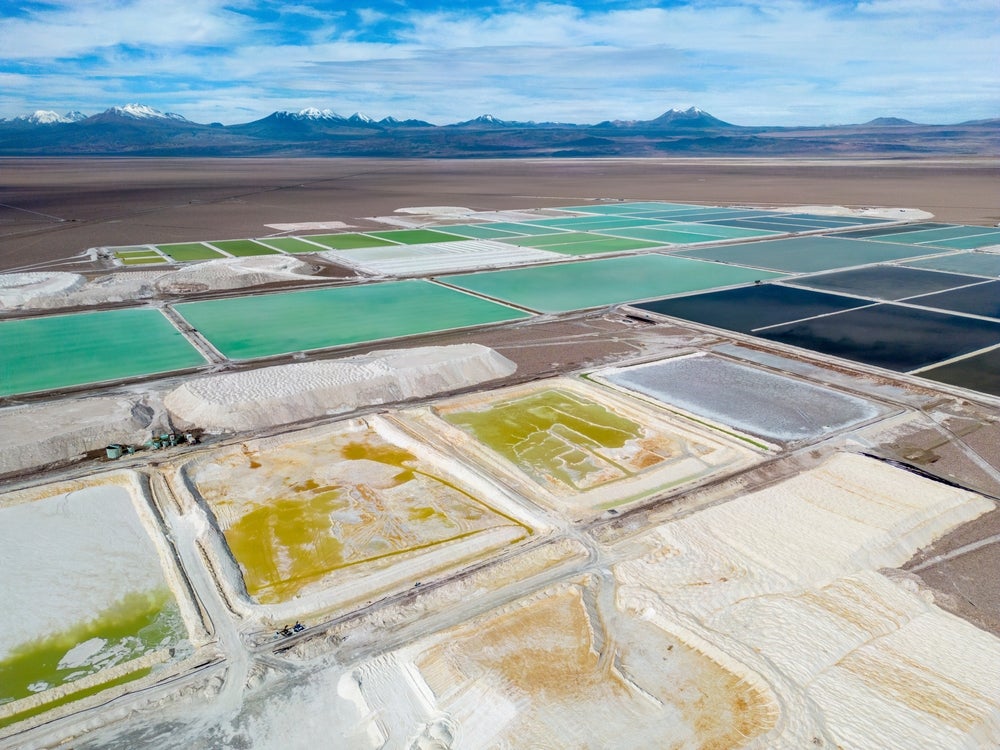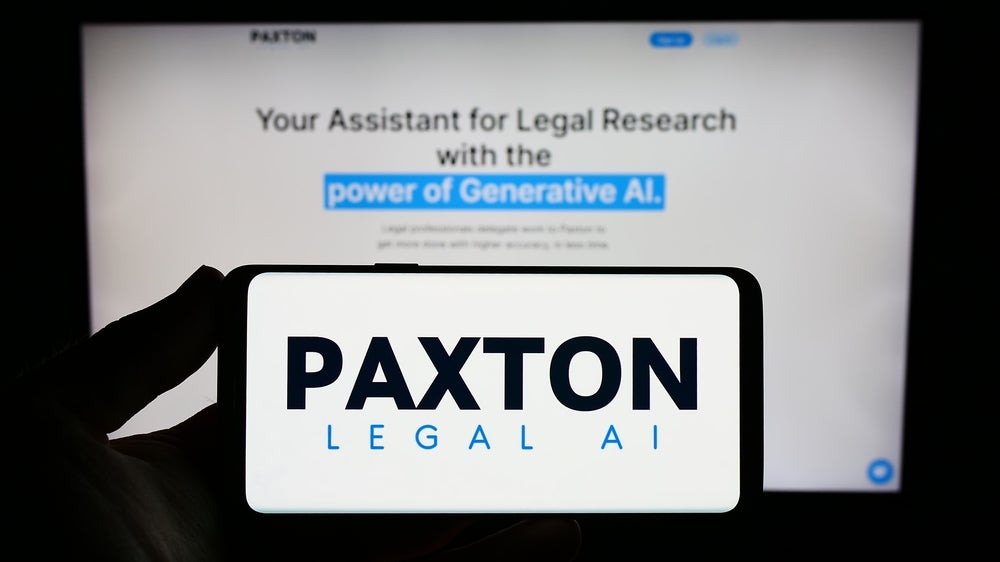SynbiTech 2023, a two-day conference on December 5 and 6, at the Kelvin Lecture Theatre at the Institute of Engineering Technology, London, unified researchers, venture capitalists, entrepreneurs, and government representatives, and set the stage for a thorough exploration of the burgeoning field of synthetic biology.
Discussions on synthetic biology are typically shrouded by difficult jargon and limited public information. Attended by GlobalData senior analyst, Isabel Al-Dhahir, SynbiTech 2023 drew back the curtains on this transformative yet largely unfamiliar technology.
Here are the key takeaways from the event.
What is synthetic biology?
Synthetic biology, commonly abbreviated to synbio, involves changing the genetic material of existing biological systems by copying, cutting, or moving segments of DNA to give them new functions and characteristics.
After decades of cultivation within the academic sphere, synthetic biology is poised to make a breakthrough into the commercial world. In fact, the commercialization of synthetic biology has already begun within the food and healthcare sectors. Companies like Impossible Foods and Perfect Day are using synthetic biology to create vegan alternatives to meat and dairy products. In healthcare, synthetic biology is used in vaccine development and groundbreaking cancer therapies.
Synthetic biology in the UK faces an investment problem
On the second day of SynbiTech, an informative discussion took place among a panel of entrepreneurs and venture capitalists. Facilitated by the chair, Richard Kitney, professor at Imperial College and co-director of SynbiCITE, as well as questions from inquisitive audience members, it became clear that access to growth-stage capital is limited in the UK. This is particularly true for hardware-based tech companies that are riskier endeavors than their software counterparts and typically see returns on investment much later.
How well do you really know your competitors?
Access the most comprehensive Company Profiles on the market, powered by GlobalData. Save hours of research. Gain competitive edge.

Thank you!
Your download email will arrive shortly
Not ready to buy yet? Download a free sample
We are confident about the unique quality of our Company Profiles. However, we want you to make the most beneficial decision for your business, so we offer a free sample that you can download by submitting the below form
By GlobalDataThe UK fosters strong research at the university level and provides investment support for pre-seed funding and angel investments (typically a few hundred thousand GBP). However, it fails to galvanize investment for series A and beyond financing where tens of millions stand to be gained. In contrast, countries like the US and Singapore have a stronger start-up culture that is more amenable to synthetic biology. By not enabling growth-stage capital, startups that could be UK success stories will instead establish themselves abroad, where it is simpler to acquire adequate funding.
SynbiTech biosecurity panel: Threats facing biosecurity are likely to increase
Synthetic biology will transform many industries for the better through, for example, novel healthcare treatments or sustainable alternatives to petroleum-based products. However, the threat of accidental biocontamination must not be overlooked, nor the risk of intentional misappropriation of the technology by individual bad actors or indeed governments.
To address these issues, the conference hosted a dedicated biosecurity panel populated by professors, policymakers, government ministry members, and professors. In addition to the need for clearly stated gene editing regulations, accountability also formed a key part of the discussion. Once a biosynthetic contaminant has been released, the destruction of natural ecosystems and the mutations that might occur risk being irreversible and have the potential to spread worldwide. Whether this occurs accidentally or through intentional bioterrorism, measures need to be proactively enforced.
The US has bold ambitions to develop its bioeconomy
Enabling a thriving bioeconomy has become a bipartisan objective within the US. A report published in 2020 by the National Academies valued the US bioeconomy in 2016 to be between $402.5bn and $959.2bn. Synthetic biology is expected to play a key role going forward. In fact, as early as 2012, the economic and societal benefits of synthetic biology were highlighted in the US National Bioeconomy Blueprint.
More recently, in September 2022, the Biden administration published the Executive Order on Advancing Biotechnology and Biomanufacturing Innovation for a Sustainable, Safe, and Secure American Bioeconomy. The executive order contains ambitions to expand R&D, train the next generation of skilled workforces, streamline regulations, prioritize biosecurity, and contribute to a global bioeconomy via international partnerships.
Discover more
To discover more, follow the link to access GlobalData’s recently published report on Synthetic Biology. The report covers key players and uses cases as well as the numerous sectors that will be impacted, including agriculture, consumer, energy, food, healthcare, industrial materials, mining, packaging, and technology.









Related Company Profiles
Impossible Foods Inc